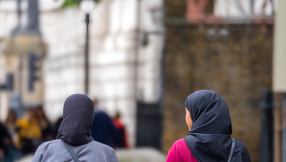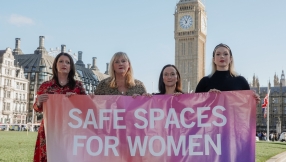An independent report has highlighted the many instances of harrassment by Muslims against Christians in battle-torn Nigeria's Middle Belt region.
The report stated that local and international media have both turned attention away from the plight of Nigerian Christians by focusing on militant group Boko Haram, according to World Watch Monitor.
The report titled "Migration and Violent Conflict in Divided Societies: Non-Boko Haram Violence against Christians in the Middle Belt Region of Nigeria", was commissioned by Open Doors International and draws on the results of field investigations and interviews with Nigerian Christians in the states of Plateau, Benue, Taraba and Nasarawa.
The report alleges that in the Middle Belt religion, the underlying principle in government is "Cuius region, eius religio" or "(W)hose realm, his religion." The authors of the report claimed that the faction that dominates the government can dictate which religion is held supreme in the region. In this case, they pointed out, the government in Nigeria's Middle Belt is dominated by the Hausa Fulani.
The Hausa-Fulani are migrant populations from Nigeria's northeastern regions who are predominantly Muslim. The report alleged that the Hausa-Fulani intentionally displaced Christians farmers in the Middle Belt region by "burning farms, raping women and attacking houses and churches."
The report revealed that when Christians win an election, it is likely they will not be appointed to office and that Muslim runners-up will gain office in their place.
To address this, several prominent Christians in the Middle Belt region were compelled to convert to Islam in order to gain political office. The report highlighted a politician in the Plateau state who converted to get into the system, and an indigenous Emir or tribal leader in Ganye in southern Adamawa state who had to convert to Islam in order to keep his position as tribal leader even though his fiefdom was composed mostly of Christians.
The authors of the report accused the Nigerian media of "keeping silent" on the atrocities as well as the international media of "selective reporting," effectively drawing international attention away from the plight of the Christians in Nigeria. While the government and the media keeps silent, the authors said, the atrocities of the Hausa-Fulani against the indigenous Christians in Nigeria continue unopposed.













